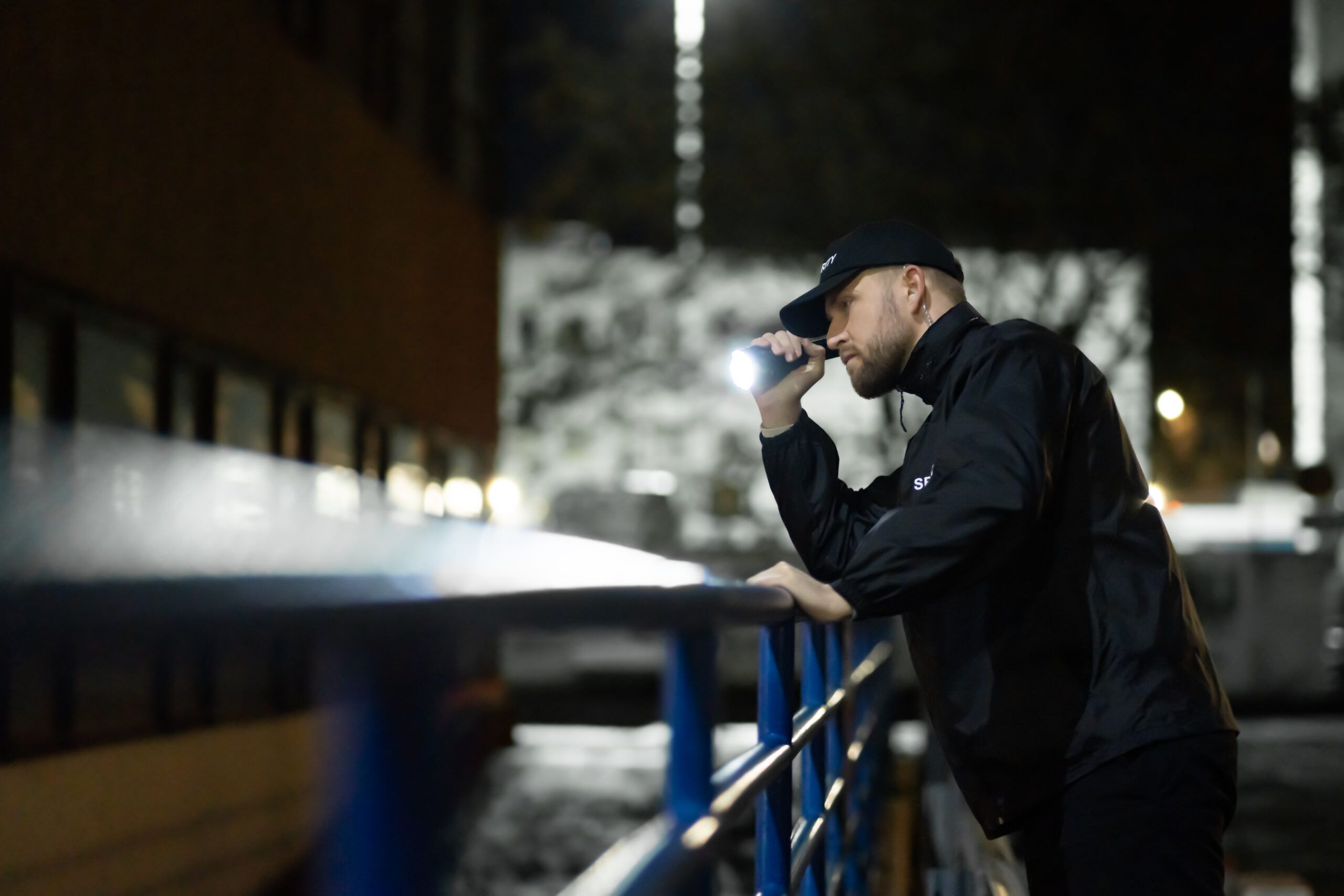Demand for street patrols is back on the rise – what you need to know!
Over the course of COVID-19 lockdowns, cities and councils across the UK and continent saw a decreasing number of rough sleepers on the street. This was largely due to efforts by the authorities and charities to house the rough sleepers in hotels. As a result, many rough sleepers were able to access the help they needed from charities around the reasons why they had ended up on the street.
This has helped decrease the number of rough sleepers on the streets; however, where the rough sleepers have returned, they have concentrated on smaller areas populated by tourists, local residents, shoppers and restaurants.
With the opening up of the UK to tourism, there has also been a marked rise in the number of organised beggars, especially around some the country’s shopping and eating areas. With this rise, there has been an increased demand for street patrol units to ensure that those most in need of help are able to access support.
If you are looking for street patrol support, here is a reminder of some of the top questions we are asked:
WHAT ARE STREET/FOOT PATROLS?
Street Patrols are made up of a two-man foot patrol team who are dedicated to a small area such as a retail stretch or a Business improvement district (BID). The team patrol the area providing help and support to all visitors to the area.
Our security officers engage with retailers, supporting in incidents such as shop lifting, direct outreach services to those sleeping rough and liaise and maintain a strong working relationship with local dedicated ward officers from the police services. We provide the local force with local intelligence, collecting CCTV and providing reports. This reduces pressure on their services and increases crime prevention.
WHAT DOES A STREET SECURITY TEAM DO?
Their first responsibility is customer service to all visitors to an area. We are often the first people that visitors interact with, and we are also a point of contact for tenants on behalf of landowners. Therefore, we reflect our client and are there to support and relay information to management teams to make strategic decisions.
WHY DO YOU NEED STREET/FOOT PATROLS?
The urban policing structure has changed. Although the numbers of dedicated ward officers have been maintained their areas of responsibility have increased, therefore their impact has reduced. This has been driven by a focus on counter terrorism and not on neighbourhood policing. This has seen a well-documented rise in street crime, especially on individuals and retailers. Many are targeted for their mobile phones. Street patrols act as a genuine deterrent to this type of behaviour and the improvement in areas where we work can be demonstrated by the metropolitan police own data.
HOW DO STREET/FOOT PATROLS WORK?
The two-man team focus on a designated area, this can often change throughout a day where they take on specific responsibilities depending on what is required. Typically, retailers require support in the day and restaurant areas need support at lunch and in the evening. The team aim to quickly build a rapport with shop managers, restaurant staff and front of house teams in hotel and office sectors. The team visit and collect data and general information which is collated in detailed reports and shared with the client which may be a landowner or a group of local businesses. The data is able to provide information on trends and concerns.
WHAT LICENSES DO STREET PATROL SECURITY HAVE?
All Gallowglass Security team members have a front-line SIA licence and receive a number of valuable training courses including ACT action counters terrorism, identifying vulnerable adults, fire marshalling, health and safety, customer service, and emergency communications. As a result, they are well equipped to manage a range of issues that they may face, seamlessly supporting the police, fire and ambulance services.
Gallowglass are also part of the Community Safety Accreditation Scheme (CSAS).
